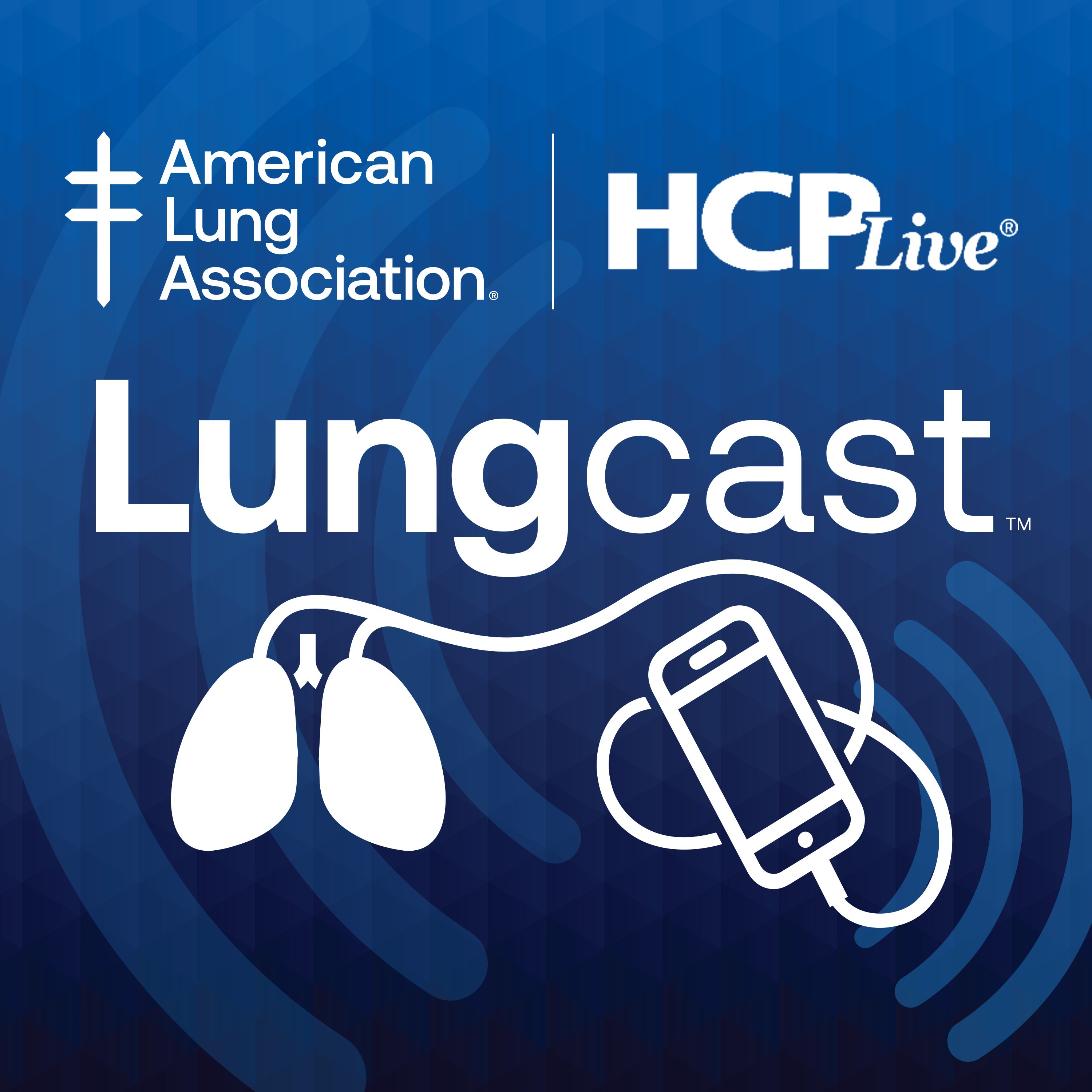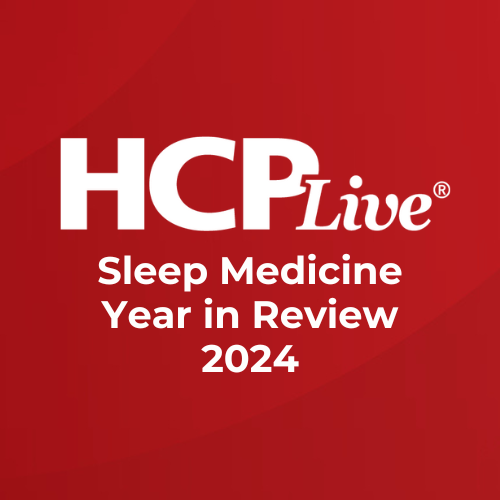Article
FDA Authorizes Prescription Only Device for Snoring, Mild Sleep Apnea
Author(s):
It is the first device designed to be used during a wakeful state.

The US Food and Drug Administration (FDA) has authorized a new prescription only device designed to reduce snoring and mild obstructive sleep apnea by improving tongue muscle function. It is approved for adults 18 years of age or older.
Granted to Signifier Medical Technologies, LLC, the authorization of the eXciteOSA device makes it the first of its kind to be used while awake.
It is a removable tongue muscle stimulation that produces neuromuscular stimulation to patients. Sitting around the toungue, the eXciteOSA mouthpiece uses four electrodes—2 of which are located above the tongue, and 2 of which are below the tongue.
The device is intended to be used for 20 minutes once a day over the course of 6 weeks, followed by once a week.
The authorization was based off of data that evaluated the safety and effectiveness of the device in 115 patients with snoring. Of the total, 48 had mild sleep apnea as well.
All patients used the device as intended and discontinued following week 6. As a result, in 85 patients, time spent snoring at levels louder than 40dB was reduced by more than 20%.
Among the snoring plus sleep apnea subpopulation, the average Apnea-Hypopnea Index (AHI) was reduced by 48% from 10.21 to 5.27 in 41 patients.
"Obstructive sleep apnea not only impacts sleep quality, but can have other serious health impacts if untreated," said Malvina Eydelman, MD., director of the Office of Ophthalmic, Anesthesia, Respiratory, ENT and Dental Devices in the FDA's Center for Devices and Radiological Health in a statement. "Today's authorization offers a new option for the thousands of individuals who experience snoring or mild sleep apnea."
The most commonly reported adverse events were excessive salivation, tongue or tooth discomfort, tongue tingling, dental tingling, dental filling sensitivity, metallic taste, gagging, and tight jaw.
The device is contraindicated for patients with pacemakers or implanted pacing leads; patients with temporary or permanent implants, dental braces, intraoral metal prosthesis/restorationss/applications or dental jewelry in the mouth; patients who are pregnant or intending to be pregnant; or patients with ulcerations in or around the mouth.
It is also recommended that patients receive a comprehensive dental examinations before use of device.
2 Commerce Drive
Cranbury, NJ 08512
All rights reserved.





